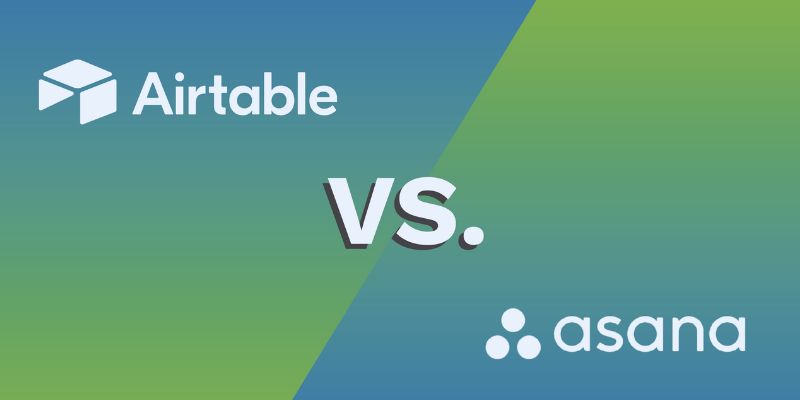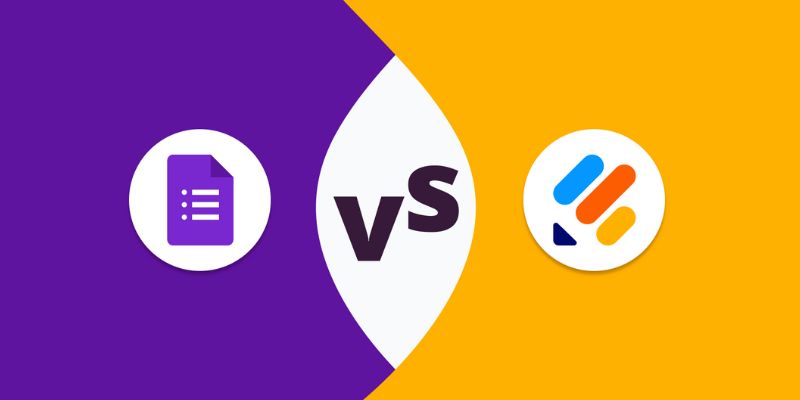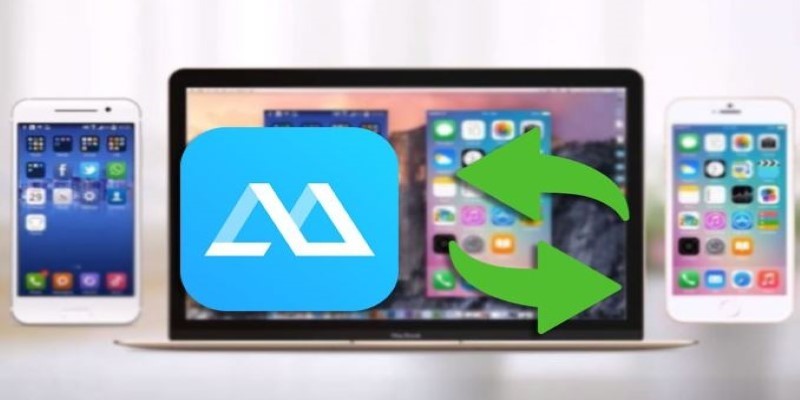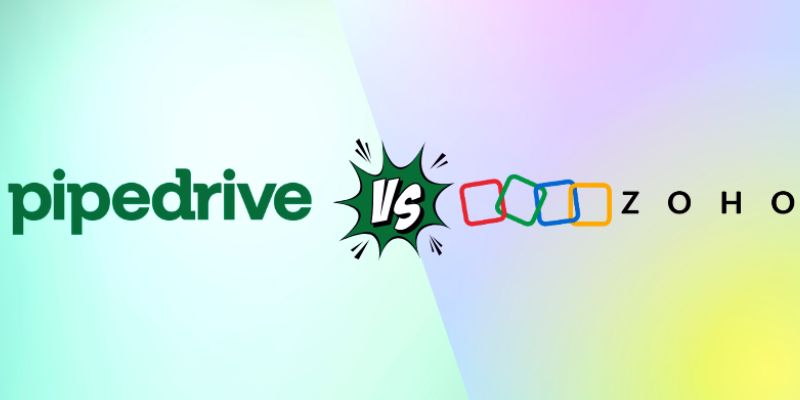HubSpot vs. Mailchimp: Which Marketing Tool Will Benefit Your Business in 2025
Advertisement
Two marketing platforms set the path for 2025: Mailchimp and HubSpot. Both are fantastic for companies hoping to expand web-based. They track performance, automate tasks, and assist with email campaigns. Their emphasis differs. HubSpot is an all-in-one tool with marketing, sales, and customer service. For companies searching for complete answers, it's ideal.
Mailchimp began as an email tool but has developed capabilities for more general use. Your objectives and budget will determine the correct instrument to use. Are you a basic needs small business? Alternatively, do you require sophisticated capabilities to develop a business? In this article, we will weigh HubSpot against Mailchimp. To guide you in choosing the finest tool for your company in 2025, we will examine pricing, simplicity of use, and customer service.

HubSpot vs Mailchimp: A Detailed Comparison for 2025
Deciding between HubSpot and Mailchimp can be difficult; both provide special tools for companies to expand online by 2025.
Feature Comparison
HubSpot offers an all-in-one marketing tool by 2025. It provides landing sites, SEO tools, CRM, and email marketing. Advanced reporting and automation help to improve performance as well. HubSpot provides a whole picture of the customer journey by tying together marketing, sales, and customer service. It follows leads from their initial visit through to the last sale. Mailchimp, on the other hand, gives email marketing priority. For small teams with minimal needs, it's perfect even if it now includes CRM and landing sites. Choose HubSpot if you want a thorough understanding and strong processes. Mailchimp is ideal for short email campaigns.
Ease of Use
Mailchimp is well-known for its straightforward layout, which facilitates email marketing startup. The drag-and-drop builder is easy to use; even novices may pick the foundations fast in one day. HubSpot's comprehensive set of features causes its steeper learning curve. Although HubSpot provides strong capabilities for automation and workflows, these take time and effort to grasp fully. HubSpot offers free tools, tutorials, and guidelines to aid. Mailchimp is the superior choice if your search for simplicity and fast results is for those ready to commit time; HubSpot provides further company scalability, power, and flexibility.
Pricing in 2025
Mailchimp's 2025 price offers simple email tools, templates, and a free plan for up to 500 contacts. Small enterprises and startups would find paid plans perfect as they are reasonably priced. As your company expands, you can include more sophisticated tools. HubSpot also provides free CRM and email tools, but its most sophisticated features are reporting and automation only in subscription plans. Your team size and the features you need determine the price. Mailchimp is a terrific option for low-key email marketing and economical ideas. HubSpot, meanwhile, is better suited for companies looking for a complete, strong platform with lots of capabilities.

Automation and CRM
In 2025, HubSpot will lead in automation and CRM capabilities. It lets you create unique lead scoring, task, and email workflow systems. The combined CRM guarantees flawless marketing and sales communication. Lead tracking is simple thanks to HubSpot, which also moves them naturally through your sales pipeline. Mailchimp's automated system is simpler. It offers pre-made systems with reminders for abandoned carts and welcome emails. Although it's useful for email campaigns, its CRM doesn't have HubSpot's depth of capability. HubSpot is the obvious choice for companies requiring advanced automation and closer client monitoring. Mailchimp performs nicely for simple chores and little activities.
Design and Templates
Mailchimp provides a range of fashionable themes and is quite good at email design. Its drag-and-drop editor streamlines and makes customizing enjoyable. For consistent branding, the content studio houses images and files. Mailchimp offers solutions for visual email development in 2025 that are ideal for creative teams. HubSpot also provides a straightforward email editor and several templates. It lets you create emails using buttons, graphics, and blocks. The major benefit of HubSpot is its A/B testing capacity, which optimizes email performance. While both programs have preview choices, Mailchimp is the preferred tool for a fun and aesthetically pleasing experience.
Customer Support
In 2025, HubSpot is notable for its first-rate customer service. Paid users get phone, email, and live chat assistance. Furthermore, a useful community forum and a large body of information exist. To maximize the platform, HubSpot also offers free online tools and training. Mailchimp, on the other hand, provides article-based support to free users only; paid customers have access to email and chat support. Mailchimp's support staff is responsive but not as strong in handling difficult problems. HubSpot is the best choice if responsive customer service and resource accessibility are top priorities.
Which Marketing Tool is Best for Your Business in 2025?
Selecting the correct marketing instrument for your company by 2025 is vital. Two of the top tools available, HubSpot and Mailchimp, both have special capabilities. For companies needing a complete approach to marketing, sales, and customer service, HubSpot offers a one-stop shop. Companies seeking advanced automation, CRM, and thorough customer tracking will find it ideal. HubSpot lets companies develop leads from initial interaction to last sale.
Mailchimp is a reasonably priced and user-friendly application instead. Originally only an email marketing tool, it now provides CRM and landing pages. For companies with less demand, Mailchimp is more reasonably priced and easier. Even though HubSpot offers a stronger and more scalable platform, Mailchimp is best for individuals concentrating on email campaigns. Before choosing the technology that best fits your organization in 2025, assess your needs, objectives, and budget.
Conclusion:
Your company's needs will determine which of HubSpot and Mailchimp you choose. Companies looking for a whole platform, including marketing, sales, and customer service tools, will find HubSpot ideal. Perfect for expanding businesses, it provides great automation and CRM connectivity. Mailchimp is more suited for small companies that concentrate on email marketing. For simpler campaigns, it's scalable, reasonably priced, and user-friendly. HubSpot is the ideal choice if you want a complete solution. Mailchimp will meet your demands if your main concentration is on basic email marketing. Before deciding, consider your budget, staff size, and company objectives.
Advertisement
Related Articles

Comparing Airtable and Asana in 2025: Which Tool Should You Choose

Copilot or ChatGPT: The Ultimate 2025 Guide to Choosing the Right AI Chatbot

Choosing Between Google Forms and Jotform: Which Is Right for You in 2025

What's the Difference Between Bluesky and Threads: A 2025 Guide

10 Easy-to-Use Alternatives to ApowerMirror for Screen Cast

Gmail vs Apple Mail: Which is the Best Choice for You in 2025

ClickFunnels vs. ActiveCampaign: A Comprehensive Comparison for 2025

Asana vs. Basecamp: Find the Best Fit for Your Projects in 2025

The 6 Best Payroll Systems in 2025: Streamline Your Business Operations

The 10 Most Reliable Open Source Platforms for Online Assessments

Pipedrive vs. Zoho: Which CRM is Best for Your Business in 2025

 novityinfo
novityinfo